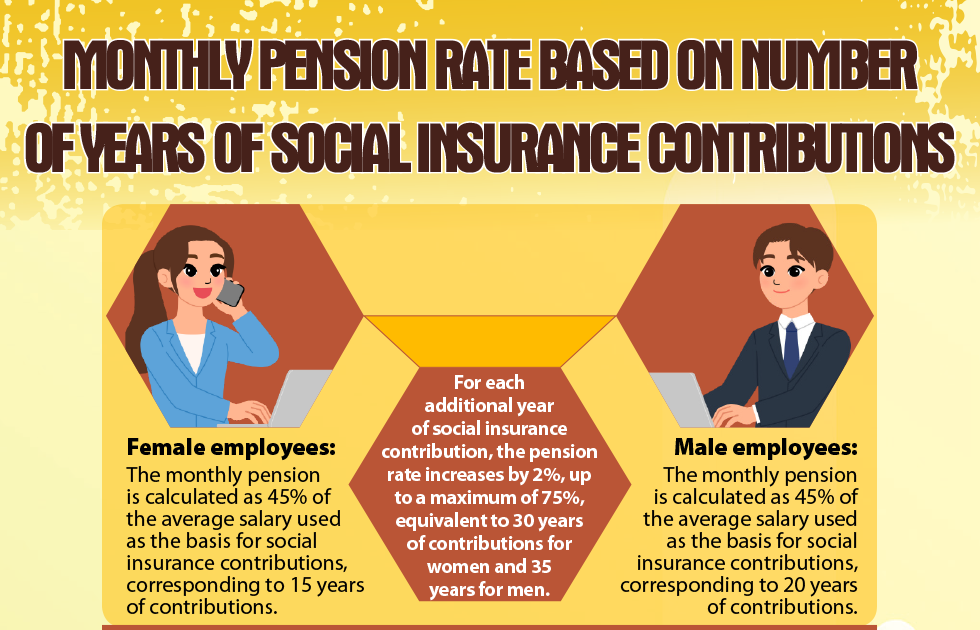Online ads earn big amid COVID-19 pandemic
Online advertising, as the first choice of firms and brands amid the pandemic, is thriving in Viet Nam and could reach the milestone of 1 billion USD in revenue this year.
 |
| Illustrative image (Photo: VNA) |
According to the Viet Nam Digital Marketing Trends 2021 report by Novaon, Viet Nam’s online ad market will continue growing during the 2020-2025 period, with a compound annual growth rate of 21.5 percent. Despite the pandemic last year, online ad revenue still reached 820 million USD, which is forecast to rise to 955.7 million USD this year.
Chairman of the Clever Group Nguyen Khanh Trinh expressed his optimism about the annual growth of 10-20 percent in the sector.
Last year, Viet Nam’s digital economy was worth 14 billion USD, which is forecast to reach 52 billion USD by 2025. In particular, e-commerce expanded by 46 percent as Vietnamese spend 3.5 – 4.2 hours per day on the internet, which gives an edge for the online advertising sector to earn 1 billion USD this year.
However, the sector also faces unfair competition with cross-border platforms like Facebook and Google accounting for over 80 percent of online ads revenue in Viet Nam.
At present, Facebook, Google Ads, YouTube and channels of key opinion leaders are the first choices of domestic firms for online ads, which spent an average 17 percent of their revenue on digital marketing in 2020.
Statistics showed that only about 5 percent of firms do not or have yet to use Facebook for their marketing campaigns. Many others spent more than 50 percent of their online ads budget on Facebook instead of other channels.
Nguyen Dang Ngoc, Deputy Director of the VCCorp, said customers prefer using ad services by cross-border platforms because they do not have to fulfill taxation and fee obligations.
The Decree No.38//2021/ND-CP regulating administrative fines in culture and ads, which took effect on June 1, 2021, is expected to fill gaps to promote fair competition in the field, making it easier for domestic firms to win market share from foreign giants.
Source: VNA








